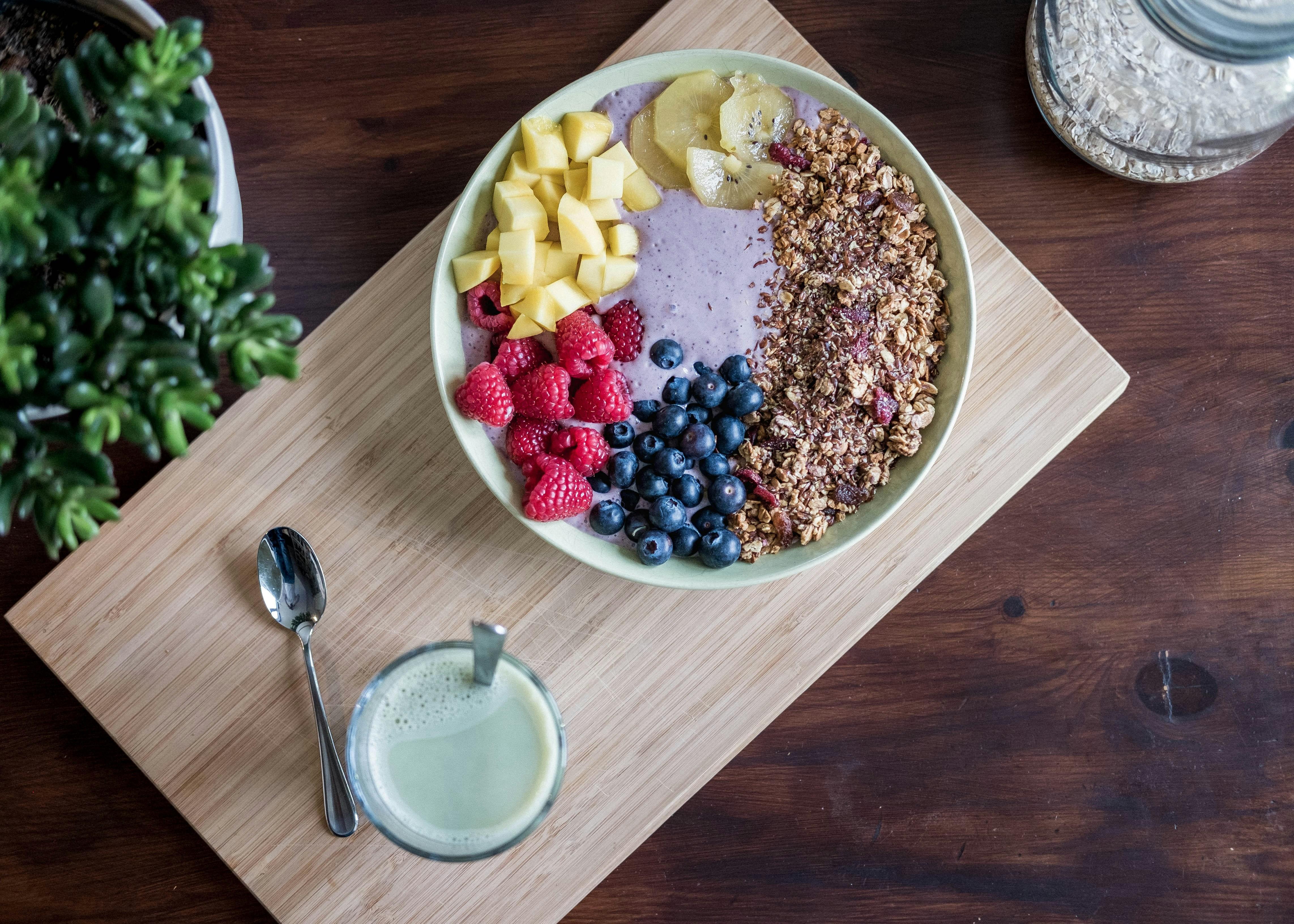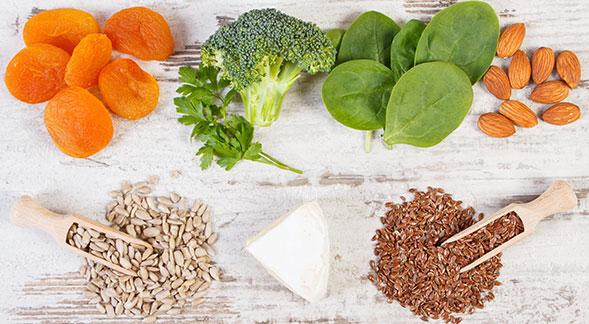In the intricate tapestry of human health, few elements are as understated yet profoundly impactful as dietary fiber. Often overshadowed by more glamorous nutrients like proteins and vitamins, fiber quietly weaves its magic in the background, playing a crucial role in maintaining digestive harmony. As we navigate the complexities of modern diets, the importance of fiber emerges as a beacon of simplicity and efficacy. This article delves into the remarkable power of fiber, exploring its myriad benefits and uncovering how this humble component can transform digestive health, one meal at a time. Join us on this journey to understand why fiber is not just a dietary recommendation but a cornerstone of well-being.
Understanding Fiber: The Unsung Hero of Digestive Wellness
When we think about digestive health, the spotlight often falls on probiotics and hydration, but one crucial component quietly working behind the scenes is fiber. This dietary powerhouse plays a vital role in maintaining a healthy digestive system, yet it often doesn’t receive the attention it deserves. Fiber is found in a variety of foods and comes in two main types: soluble and insoluble. Each type offers unique benefits that contribute to overall wellness.
- Soluble fiber dissolves in water to form a gel-like substance, helping to lower blood cholesterol and glucose levels. Foods rich in soluble fiber include oats, peas, beans, apples, citrus fruits, carrots, and barley.
- Insoluble fiber, on the other hand, adds bulk to the stool and aids in food passage through the digestive system. It can be found in whole-wheat flour, wheat bran, nuts, beans, cauliflower, green beans, and potatoes.
By integrating a balanced amount of both types of fiber into your diet, you can ensure a smoother digestive process, reduce the risk of constipation, and foster an environment where beneficial gut bacteria can thrive. This symbiotic relationship between fiber and the gut microbiome is essential for not just digestion, but for supporting the body’s overall immune function and nutrient absorption.

The Science Behind Fiber: How It Fuels Your Gut
Fiber, often hailed as a digestive champion, plays a pivotal role in maintaining gut health. At its core, fiber is an indigestible carbohydrate found in plant-based foods. But its journey through the digestive system is anything but passive. Once consumed, fiber embarks on a transformative journey, interacting with the gut microbiota, the trillions of microorganisms residing in our intestines. These microbes ferment fiber, producing short-chain fatty acids, which are crucial for nourishing colon cells and reducing inflammation. This process not only fuels your gut but also strengthens the intestinal barrier, preventing harmful pathogens from entering the bloodstream.
Incorporating a variety of fiber sources in your diet can yield remarkable benefits. Here are some fiber-rich foods to consider:
- Fruits: Apples, bananas, and berries offer soluble fiber that aids in cholesterol reduction.
- Vegetables: Broccoli, carrots, and leafy greens are packed with insoluble fiber, promoting regular bowel movements.
- Whole grains: Brown rice, oats, and quinoa provide a balanced mix of fibers that support overall gut health.
- Legumes: Beans, lentils, and chickpeas are excellent sources of both soluble and insoluble fibers.
By understanding the intricate science of fiber, we empower ourselves to make informed dietary choices that bolster our digestive well-being.

Harnessing the Benefits of Soluble and Insoluble Fiber
In the intricate world of dietary fibers, both soluble and insoluble types play crucial roles in maintaining a healthy digestive system. Soluble fiber dissolves in water, forming a gel-like substance that aids in slowing down digestion. This process helps in managing blood sugar levels and reducing cholesterol. Foods rich in soluble fiber include oats, apples, and beans. On the other hand, insoluble fiber adds bulk to the stool, facilitating smoother movement through the digestive tract, which is essential for preventing constipation. Key sources of insoluble fiber are whole grains, nuts, and vegetables like carrots and celery.
- Soluble Fiber:
- Helps control blood sugar
- Lowers cholesterol levels
- Found in oats, apples, and beans
- Insoluble Fiber:
- Promotes regular bowel movements
- Prevents constipation
- Found in whole grains, nuts, and vegetables
Integrating both types of fiber into your diet not only supports digestive health but also contributes to overall wellness. By balancing these fibers, you can ensure a harmonious digestive process, paving the way for a healthier lifestyle.

Practical Tips for Increasing Fiber Intake in Your Daily Diet
Integrating more fiber into your diet doesn’t have to be a daunting task. With a few simple adjustments, you can effortlessly boost your fiber intake and enjoy its myriad benefits. Start by swapping refined grains for whole grains in your meals. Opt for whole grain bread, brown rice, and whole wheat pasta instead of their white counterparts. Incorporating a variety of fruits and vegetables is another delicious way to increase fiber. Aim to fill half your plate with colorful produce at each meal. Consider keeping the skins on fruits and vegetables, as they are often rich in fiber.
- Snack on raw vegetables like carrots, celery, and bell peppers, or enjoy a handful of nuts and seeds.
- Add legumes such as beans, lentils, and chickpeas to soups, salads, and stews for a hearty fiber boost.
- Include fiber-rich cereals or oatmeal in your breakfast routine.
- Enhance your smoothies with ingredients like chia seeds, flaxseeds, or spinach for an extra fiber punch.
By making these small yet impactful changes, you’ll be well on your way to supporting your digestive health with the power of fiber. Remember, gradual changes are key, allowing your digestive system to adjust comfortably to the increased fiber intake.
In Summary
As we close this exploration into the world of fiber and its pivotal role in digestive health, it becomes evident that this humble nutrient is far more than just a dietary footnote. Fiber stands as a silent champion, weaving its way through our digestive systems, promoting balance, and fostering resilience. By embracing a fiber-rich diet, we not only nurture our gut but also fortify our overall well-being. So, as you embark on your next meal, consider the power that lies in those fibrous threads. Let them be the foundation upon which you build a healthier, more harmonious lifestyle. Here’s to fiber—the unsung hero of our digestive journey.

